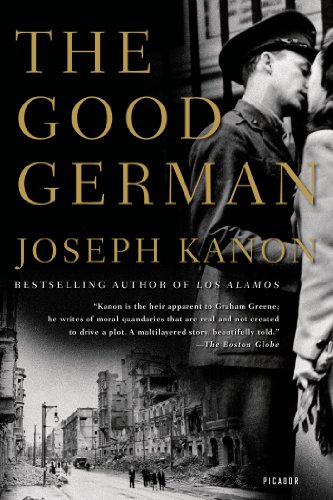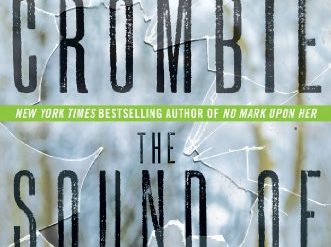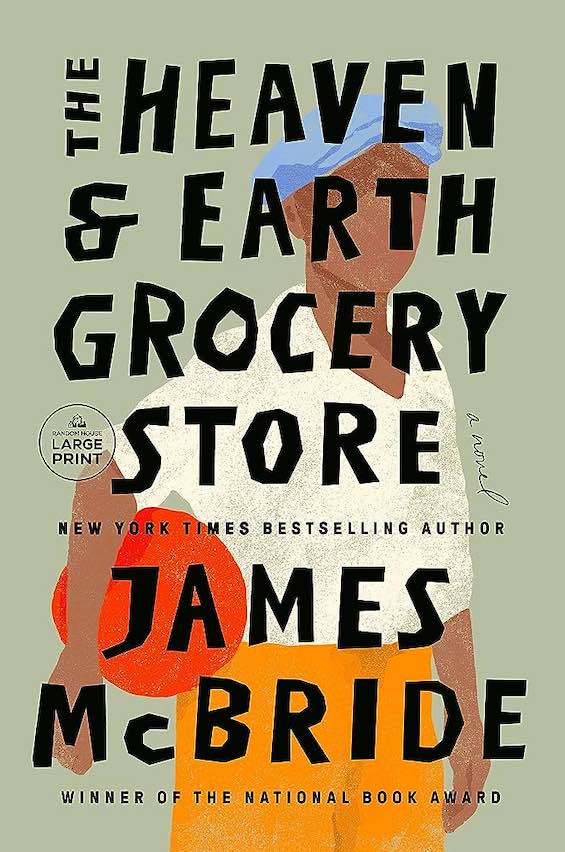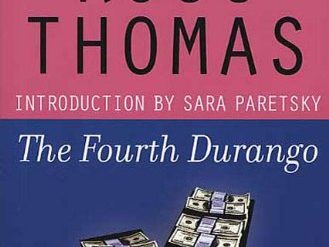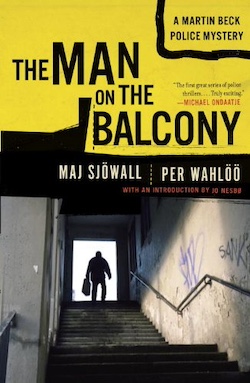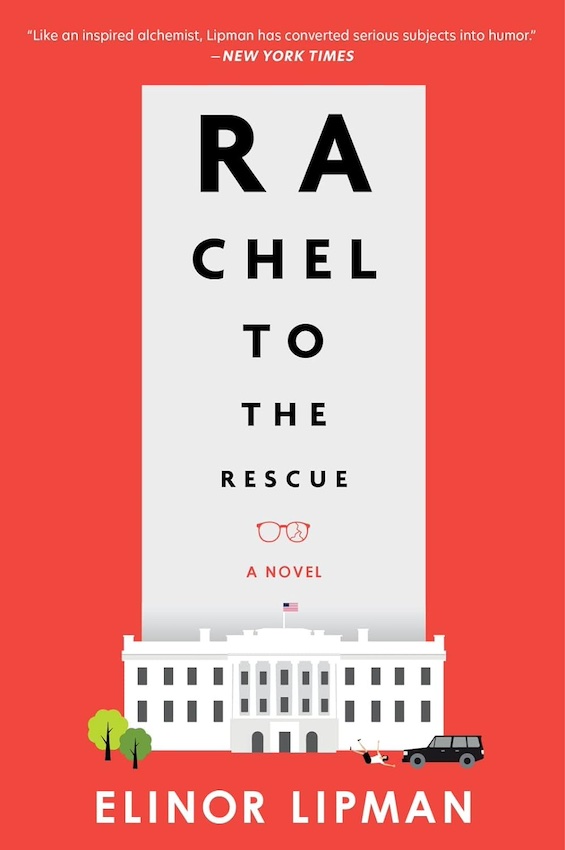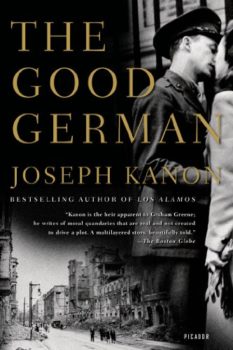
Throughout most of the past millennium war has been largely a civilized affair fought by professional armies operating under established rules. With a few notable exceptions—the rape and pillage of the Mongol hordes in the thirteenth century, for example, and the mass conscription introduced in the French Revolution—civilians had remained unaffected for the most part by war until the nineteenth century. Then advanced weaponry made possible by the Industrial Revolution and the evolution nationalism with its demands for expanding borders eventually led national leaders to wage total war.
Estimated reading time: 5 minutes
The tragic cost of total war
Sadly, the world witnessed the full flowering of total war in the eight-year period from 1937 to 1945. We know that period today as the Second World War. (Historians might well remember it as the final stage of the Second Thirty Years’ War.) With strategic bombing, unrestricted submarine warfare, the protracted blockade of beleaguered cities, and the widespread practice of systematic genocide, World War II killed at least seventy million people and as many as eighty-five million, more than fifty million of whom were civilians.
The Good German by Joseph Kanon (2001) 548 pages ★★★★★
Dramatizing the true price paid by civilians
For Americans, who were largely spared the full impact of the war, it’s difficult to grasp the high price paid by others. In most of Europe and East Asia, hundreds of millions were most directly involved in the fighting for years on end. Historians’s accounts of their experience typically fall flat. For most of us, the reality of total war comes to light only through works of the imagination, principally film and books. And one book stands out in my mind for its vivid portrayal of Berlin in the aftermath of World War II: The Good German by Joseph Kanon.
A story of intrigue, corruption, and love
Journalist Jake Geismar has wangled a ticket to Berlin to report for Collier’s magazine on the upcoming Potsdam Conference (July 17 to August 2, 1945). There, Josef Stalin, Winston Churchill (and later Clement Attlee), and Harry Truman would meet to decide how to administer Germany. But Jake is far less interested in the power struggle among the three Allies than in Lena Brandt, the woman he loves, whom he’d left behind in Berlin four years earlier when the Nazi government expelled him. Yet when Jake stumbles across the body of an American soldier in the Russian zone, he is confronted with a mystery he can’t resist pursuing.
America’s unique reparations scheme
Jake’s aggressive inquiry into the soldier’s death leads him into a thicket of corruption involving not just Germans struggling to survive but unscrupulous men in all three of the occupying powers. This was, he notes, “the story nobody wanted him to do. Which meant it was the only one worth doing.” And he soon finds himself tangling with American officials who have come to Germany to execute the top-secret Operation Paperclip, under which more than 1,600 German rocket scientists, engineers, and technicians were shipped to the United States along with tons of documents and materials.
A vivid picture of the consequences of total war
As a novel of intrigue, The Good German excels. You’ll share Jake’s puzzlement as he slowly makes his way toward the truth about the soldier’s murder. You’ll marvel at the scope and the mechanics of the black market that kept the civilian population alive. (As just one measure of how extensively the black market had penetrated the occupation force, consider this: “Last month [American] troops were paid about a million dollars. they sent three million home.”) But you’re likely to recall more vividly still the picture Kanon paints of Berlin in the aftermath of the war.
Between the strategic bombing—the British by night, the Americans by day—and Russian artillery, little was left standing in the German capital. You’ll later bring to mind an image of “a floor in the Chancellery, heaped with Iron Crosses” amid the rubble. And you’ll walk away haunted by the images of skeletal children wandering through the dust and debris.
This is what modern war really means.
For related reading
The author is one of The best spy novelists writing today.
For reviews of all of this author’s espionage novels, see Joseph Kanon’s spy thrillers are superb. And here are links to six of the individual novels:
- The Prodigal Spy (An espionage novelist to rival John Le Carre), 1998;
- Alibi (A Nazi-hunter in post-war Venice in a suspenseful novel of intrigue), 2005;
- Stardust (German emigres in Hollywood in a captivating historical novel), 2009;
- Istanbul Passage (Romance, intrigue, and betrayal in post-War Istanbul), 2012;
- Leaving Berlin (From Joseph Kanon, one of the best of today’s spy novels), 2014; and
- Defectors (A superb new novel about defectors in Moscow), 2017.
You might also enjoy my posts:
- The 10 best novels about World War II
- Top 10 mystery and thriller series
- 20 excellent standalone mysteries and thrillers
- 5 top novels about private detectives
- Two dozen outstanding detective series from around the world
For an abundance of great mystery stories, go to Top 20 suspenseful detective novels. And if you’re looking for exciting historical novels, check out Top 10 historical mysteries and thrillers.
And you can always find my most popular reviews, and the most recent ones, on the Home Page.

